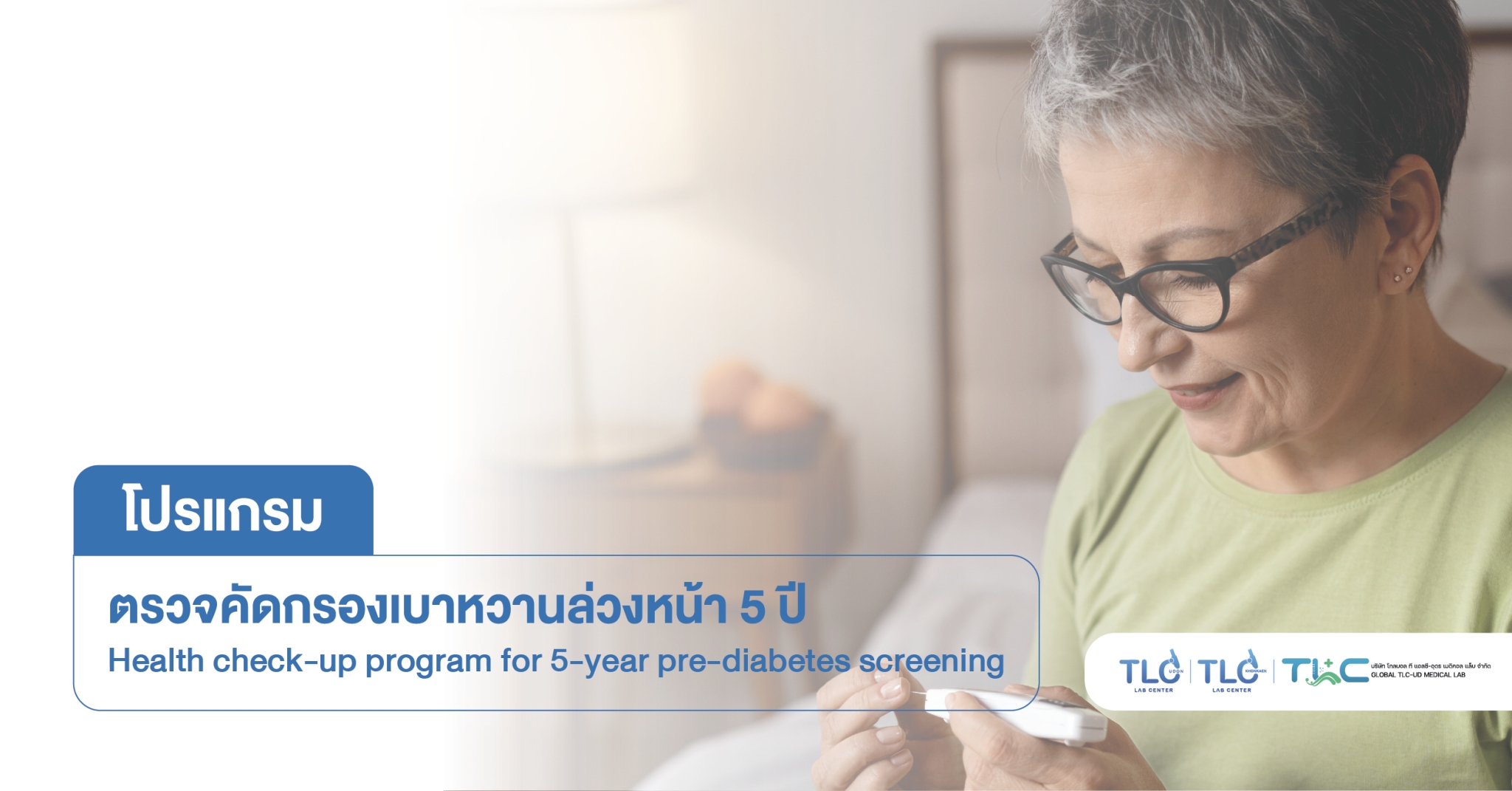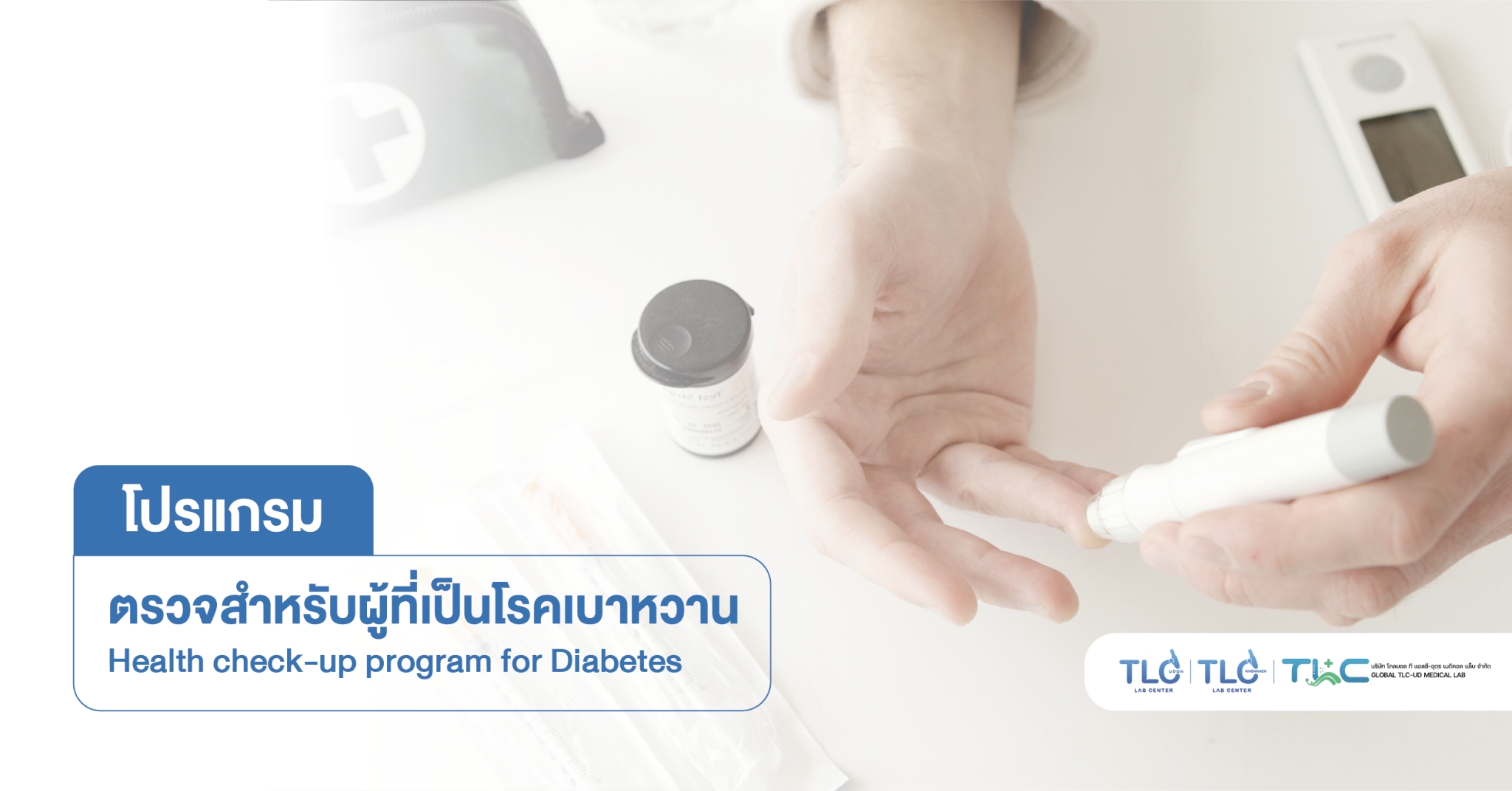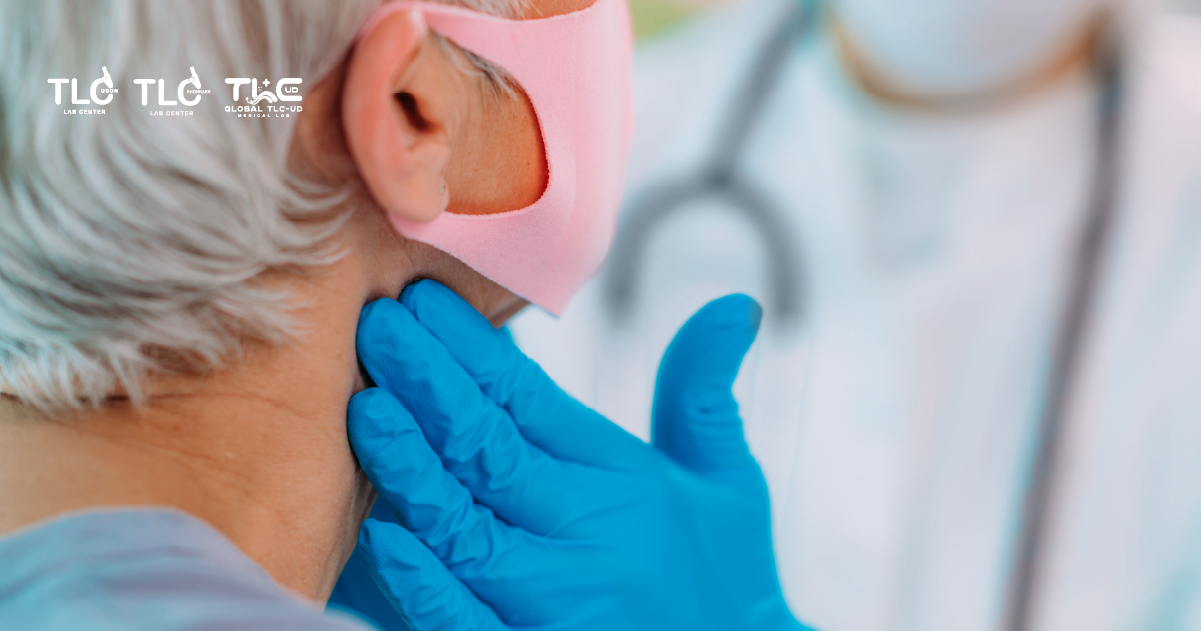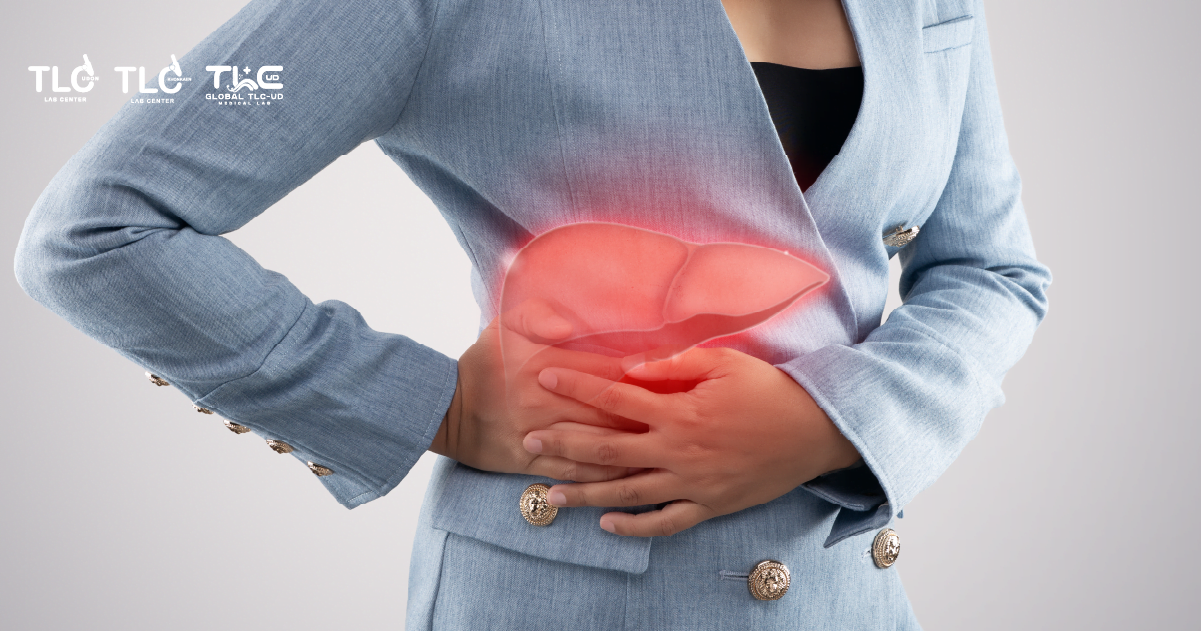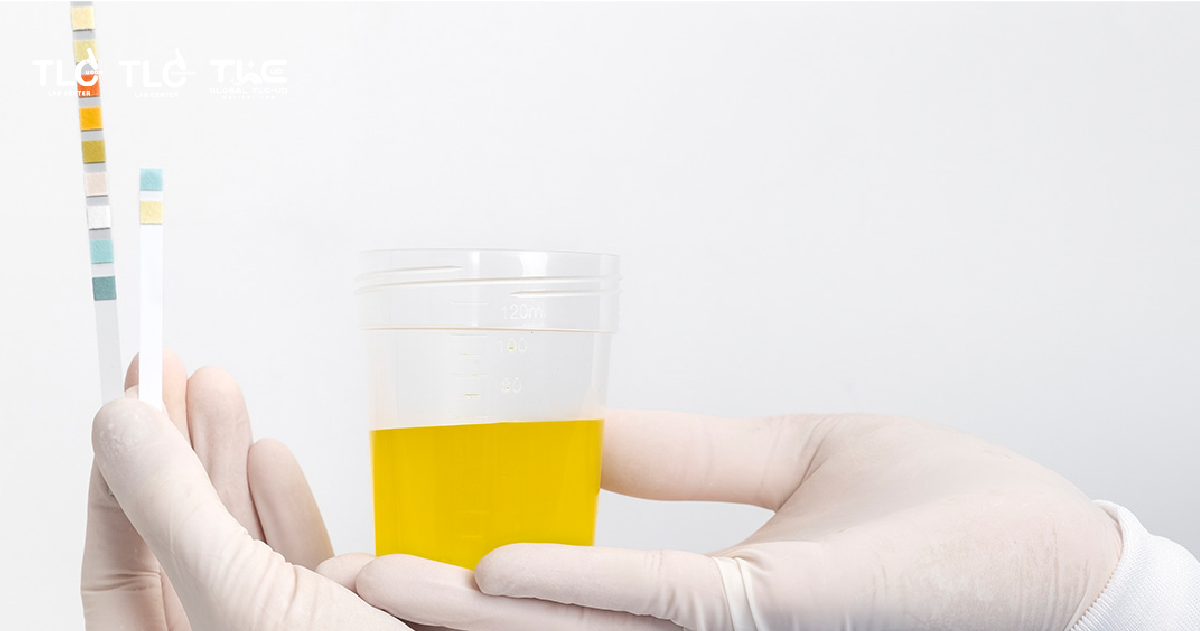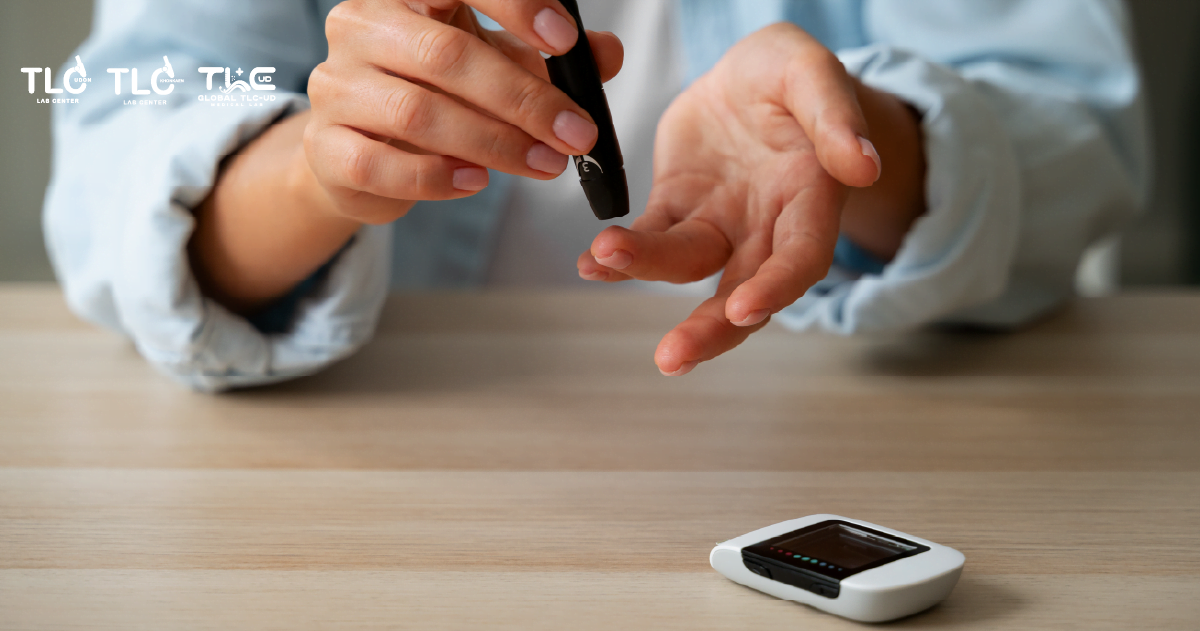What is Diabetes Mellitus?
Diabetes refers to a disease in which blood sugar levels are continuously and chronically higher than normal. Caused by abnormalities of the pancreas, causing the secretion of the insulin hormone to be less than normal, or causing insulin resistance, and making insulin to be less effective.
How is insulin related to diabetes ?
Insulin is an important hormone. It is created and secreted from beta cells of the pancreas. Its function is to carry glucose into various tissues of the body to be burned and used as energy. If the body lacks insulin or insulin does not act efficiently, the body will not be able to use sugar. This causes blood sugar levels to increase, causing “diabetes.” In addition, insulin deficiency also causes abnormalities in carbohydrate metabolism. There are also abnormalities in other areas, such as the breakdown of fat and protein substances in the body for example.
What causes the pancreas to produce insufficient insulin to meet the body’s needs, and why does the body become resistant to the action of insulin? Medically, there is still no definite answer. We only know that both genetic and environmental factors are involved. People with diabetes often have a history of their parents, siblings, or other relatives also having diabetes.
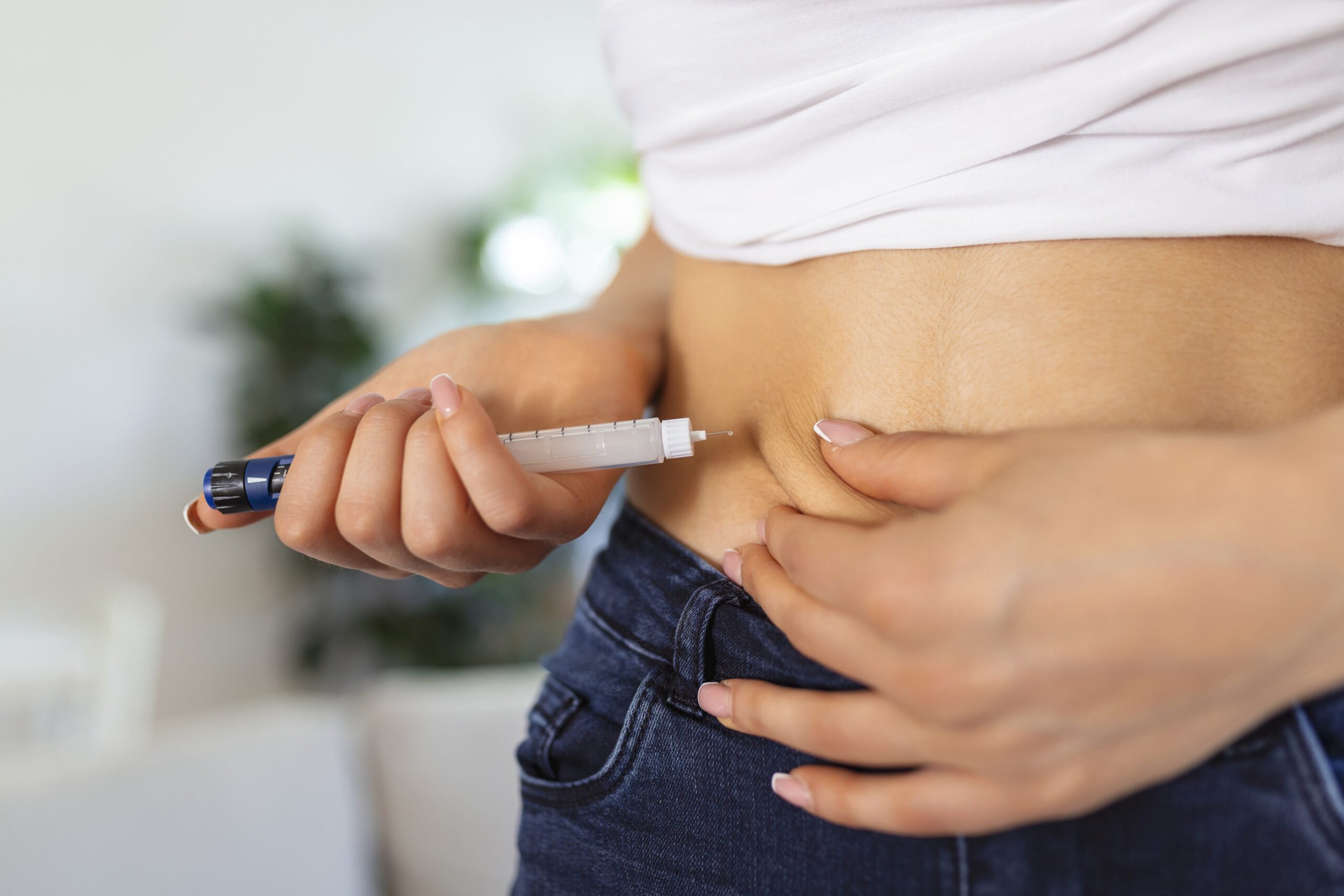
What is the function of the pancreas?
The pancreas has important functions:
- Producing many types of enzymes to help with food digestion including both carbohydrates, fat and protein, These include important enzymes such as amylase and lipase.
- It produces many important hormones, especially hormones involved in regulating blood sugar levels such as insulin and glucagon.
Therefore, if there is a disease that causes the pancreas to lose its function, or if the pancreas has abnormalities, it will cause the body to produce insufficient gastric juices to digest carbohydrates, protein, and fat, causing the body to lack nutrients. This will include being unable to produce enough insulin, or not being able to produce it at all, resulting in high blood sugar and, eventually, diabetis.
The main causes of pancreatitis today are: Drinking alcohol for a long period of time, even though it may be possible to find a small percentage of patients who have never consumed alcohol.
It may be caused by abnormalities in the genes of alcoholic patients, or caused by some anti-inflammatory drugs, steroid drugs, or pancreas infection.
What are the symptoms of diabetes ?
- Tiredness, exhaustion.
- Dry skin, which may itch.
- Dry eyes, blurred vision in a way that cannot be determined.
- Numbness in the feet, or feeling a sharp pain in your toes or in your feet.
- The body is abnormally thin. without obvious cause.
- When wounds occur in various areas and the body often heals more slowly than usual, especially wounds that occur on the feet.
10 dangerous signs whether we may have diabetes :
- Feeling tired easily even though we’ve had enough rest and are not sick.
- Weight loss for unknown reasons.
- Unusually frequent urination.
- More thirsty than normal (because the body loses water from frequent urination)
- Blurred vision for no apparent reason.
- Leg pain, or knee pain.
- Dry and itchy skin, with itching around the vulva.
- Frequently having abscesses on the body.
- Mood swings, becoming easily irritated.
- Wounds heal slowly, and do not dry completely or develops a scab.

Complications of diabetes to be aware of
Risk of stroke / coronary heart disease
Risk of diabetic retinopathy
Risk of kidney disease
Risk of foot infection
Diagnosis of diabetes
The doctor will ask about the patient’s condition, and history of illness of the patient and family members. Doing a physical examination: Blood test to check blood sugar levels. There are several methods for analyzing blood sugar levels.
Prevention of diabetes:
- Eat food from all 5 food groups, with emphasis on vegetables and fruits.
- Avoid sweet, oily, salty food.
- Don’t smoke, and avoid alcoholic beverages.
- Control body weight and waist size.
- Take regular exercise.
- If you have symptoms of diabetes, you should see a doctor.
- People aged 35 years and over or have a family history of diabetes should have a health check once a year.



